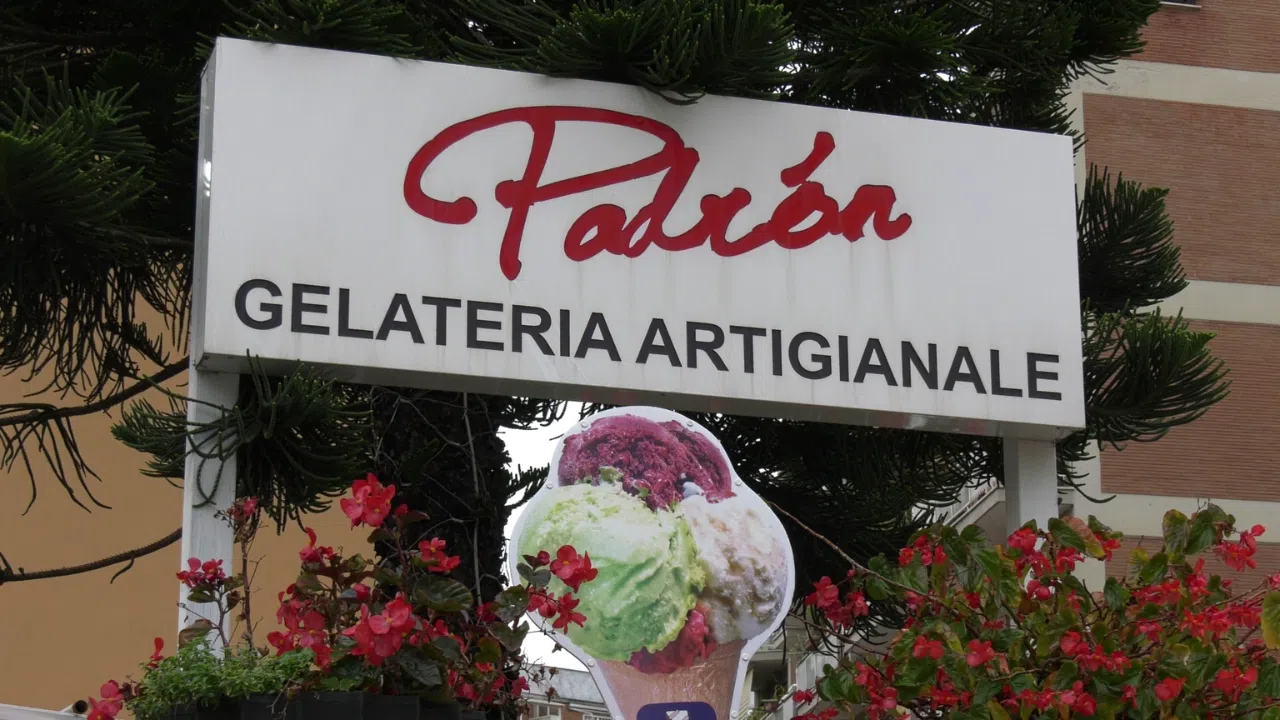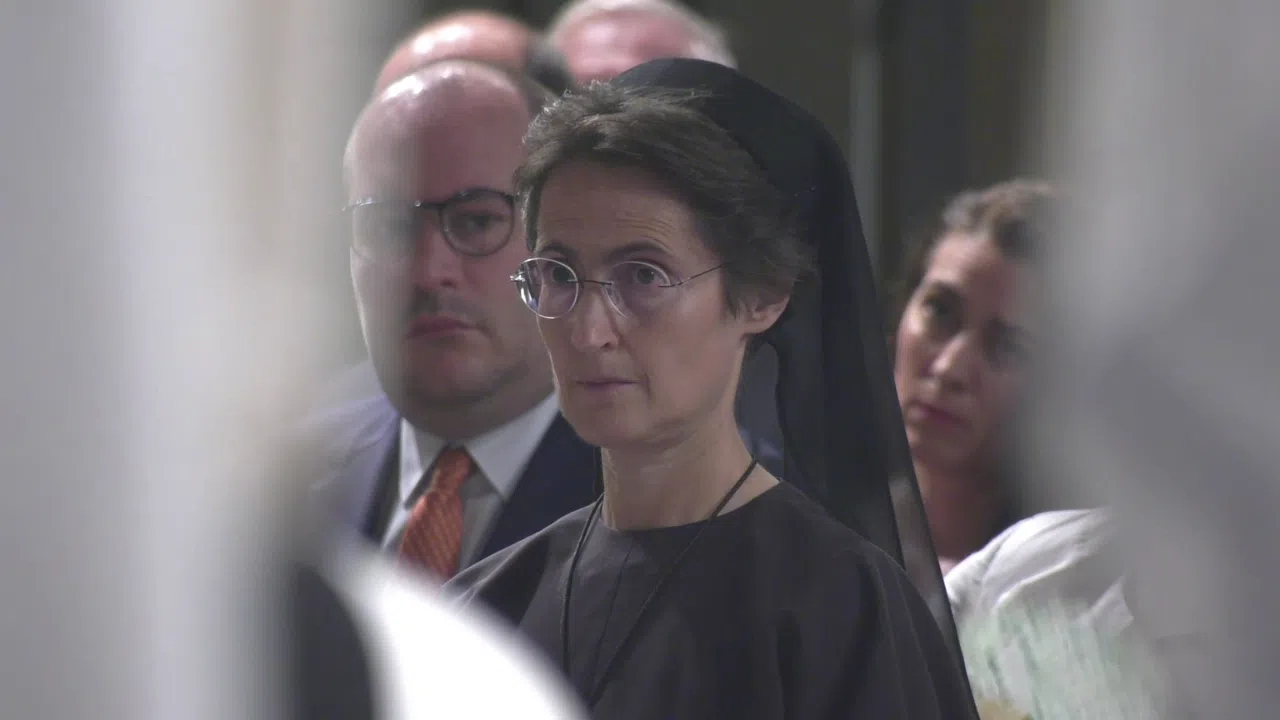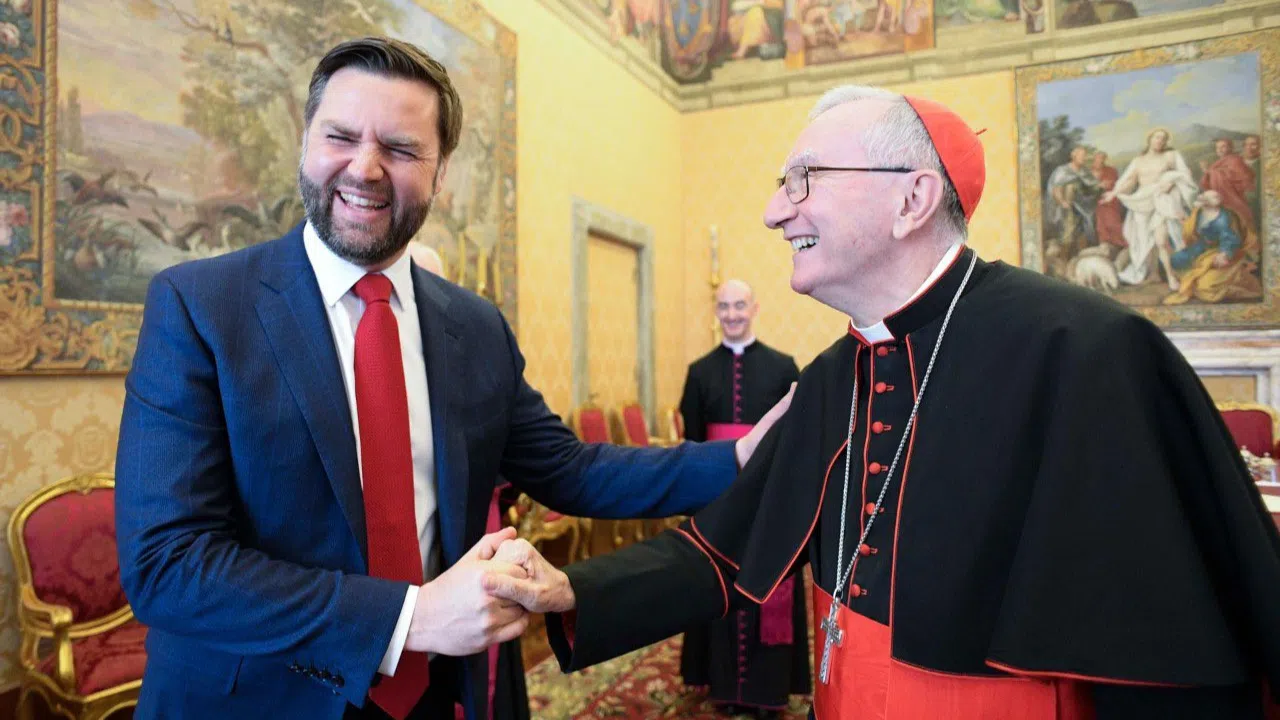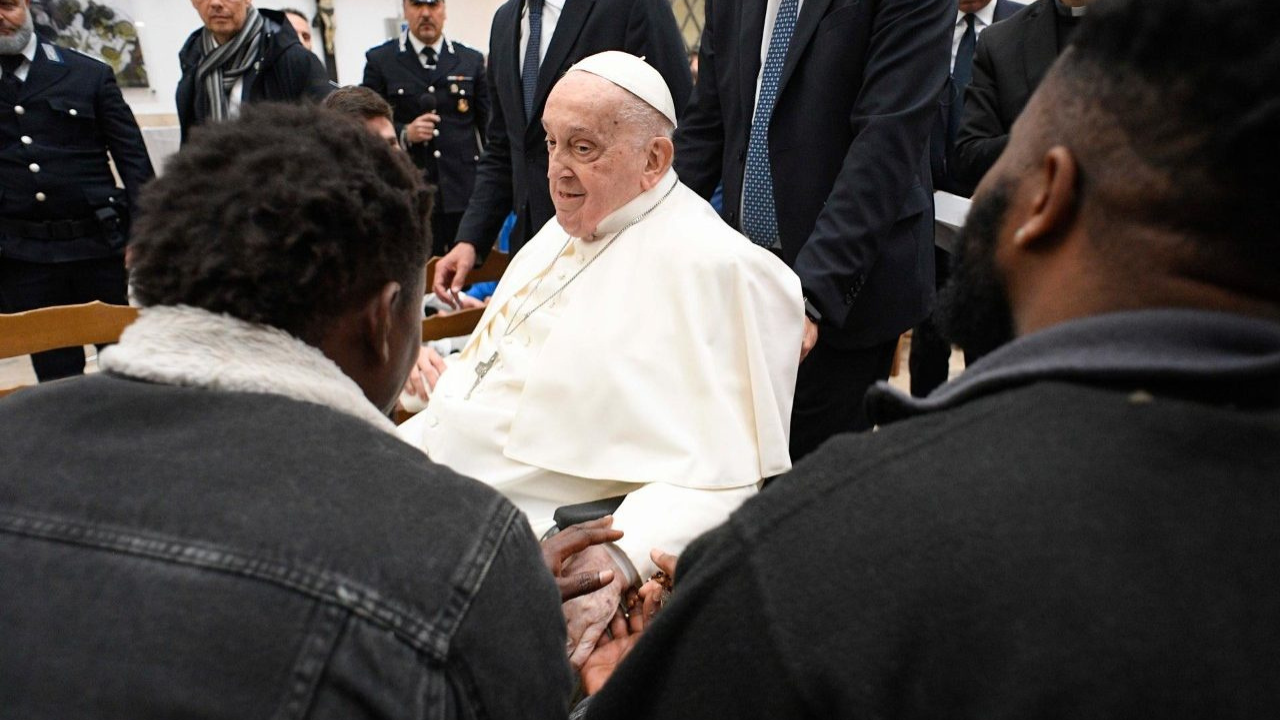Pope Francis recently confirmed the Holy See's position on communion in a March General Audience, saying the Eucharist can be received on the tongue or in the hand.
POPE FRANCIS
'According to ecclesial practice, the faithful approach the Eucharist in procession, as we have said, and receives it standing with devotion, or on his knees, as the Episcopal Conference has established, receiving the sacrament in his mouth or, where allowed, in the hand, as preferred.'
The Secretary for the Congregation for Divine Worship and the Discipline of the Sacraments confirms this, stating one way of receiving the Eucharist is not better than the other.
ARCH. ARTHUR ROCHE
Secretary, Congregation for Divine Worship and Sacraments
“Whether people receive on the tongue or in the hand, is something that the Bishops' Conferences have to decide upon. Because there are various different cultures that don't take things by hand and don't take things in the mouth. They would find it very offensive to be putting something in the mouth.”
In addition to this, others have questioned the authenticity of the Eucharist when catering to those who are gluten-free or have Celiac Disease.
ARCH. ARTHUR ROCHE
Secretary, Congregation for Divine Worship and Sacraments
“The hosts that we use, therefore, for the celebration of the Mass have to contain some wheat. The gluten can be squeezed out of it. So it's gluten-low, not gluten-free. Because gluten-free normally means it's soy or some other substance. Potato, which isn't wheat, and wheat is what we receive for the celebration of Mass.”
Yet, this doesn't mean celiacs are unable to receive communion. These gluten-low hosts are officially approved by the Celiac Disease Foundation, the F.D.A. and the Catholic Celiac Society, among others.
Both the way the Eucharist is received and the content of the host is the Church's way of including everyone in the Body of Christ, no matter their needs.






















